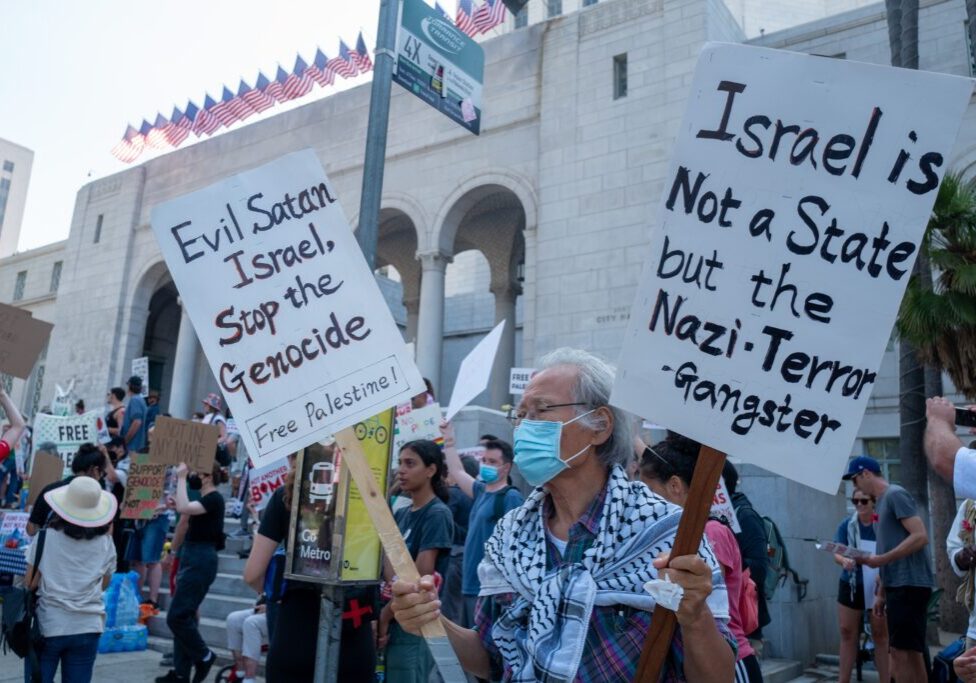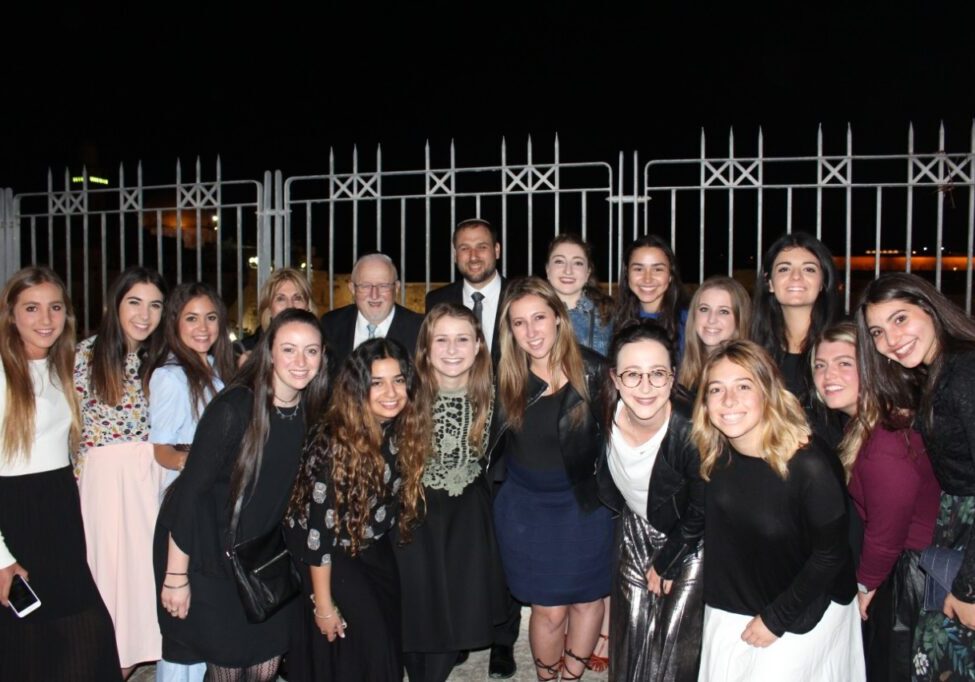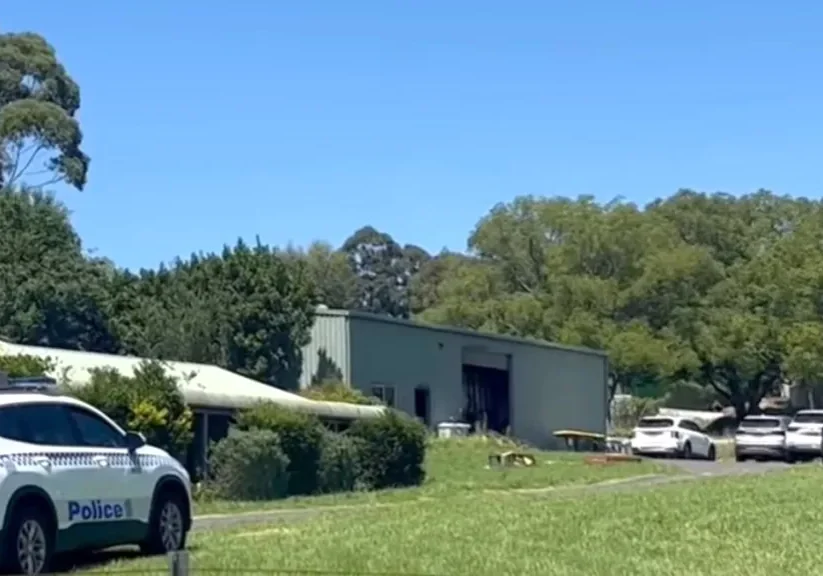Australia/Israel Review
AIR New Zealand: Disinformation report prompts anti-Zionism debate
Nov 29, 2022 | Miriam Bell

Signs of antisemitism in New Zealand have long been brushed under the carpet, and ignored – particularly if it does not come from traditional foes.
The small size of the Jewish community might be one reason for this. Another might be a lingering belief in the country’s supposed egalitarianism where everyone gets a fair go.
But antisemitism does exist here, and is apparently growing in visibility and vehemence, and there is increasing documentation of it.
The latest evidence for this came in a new report which looked at misinformation and disinformation in New Zealand through the lens of online antisemitism.
Produced by domestic human rights group Humanity Matters, the report aimed to “gain a deeper understanding of the issues that underpin online antisemitism within the Aotearoa context.”
To do so, it employed various methods, including one-on-one interviews, discussion groups, and an online survey, to capture the insights of 130 people. Of those, 102 were Jewish community members.
A key finding of the survey was that 65% had experienced antisemitism on social media in the last three years.
The most common form of antisemitism encountered was misinformation or disinformation that was anti-Zionist and anti-Israel in nature, with 52% saying they had been exposed to it in the last year.
“Financial” antisemitism, which revolved around the trope that Jewish people control international finance, or are “good with money”, was the second most common form. Twenty-seven percent had experienced it over the last 12 months.
“Social” antisemitism, involving claims such as Jewish people keep themselves separate, are secretive, or are behind COVID-19, was the third most common form, with 19% encountering it.
The report also explored where and how the misinformation was experienced, the impact of it on the community, and potential pathways to address this situation.
This new report follows the release earlier this year of the NZ Jewish Council (NZJC) survey on antisemitism, which put 18 internationally recognised statements of anti-Jewish sentiment to 1017 New Zealanders.
In that survey, 21% agreed with two or more classical antisemitic views, while 25% expressed support for two or more extreme anti-Zionist views.
NZJC spokeswoman Juliet Moses said the Humanity Matters research had some limitations, but was another useful resource on certain manifestations of antisemitism in New Zealand.
But, as with the NZJC report, what garnered the most attention was the finding around the antisemitic misinformation and disinformation relating to anti-Israel or anti-Zionist sentiment.
Once again, Palestinian advocates took umbrage at this, and at “criticism of Israel” or “criticism of Zionism” being included and labelled “political antisemitism”.
In a joint article, Justice for Palestine’s Neil Ballantyne and Alternative Jewish Voices’ Marilyn Garson said they rejected “political antisemitism”, arguing “criticism of Israel need not necessarily target Jews or Jewishness at all.”
They said that uncritically reporting the finding that anti-Zionist or anti-Israel sentiment was experienced nearly twice as often as any form of classic antisemitism overshadowed the real, growing, threatening antisemitism of the far right.
Moses said she could understand why Ballantyne and Garson would be upset at the survey’s findings, and the fact that a majority of Jews experience and think about things differently to how they would have us do so.
“Unfortunately for them, they don’t get to dictate how people respond to the questions, or what the questions were.”
The claim that anti-Zionism is simply criticism of Israeli policies, and that describing it as antisemitism is an attempt to silence people, amounted to gaslighting, she said.
“Every Jewish person I know understands the difference between criticising Israeli policies and anti-Zionism, which fundamentally opposes the continued existence of a Jewish state, and is careful to distinguish between them.”
Moses said while there were lots of tests and texts dealing with this matter, there seemed to be agreement that it is up to minority groups to define what constituted bigotry and hatred directed towards them – except for Jewish people.
“Not only that, but it is implied that Jews act in bad faith when they make accusations of antisemitism because they want to exercise control over others. Sounds a bit like antisemitism in itself, to me.”
Yet the antisemitic threat from the far right was very present and growing, and tended to get overshadowed by the debate over anti-Zionism, she added.
Dane Giraud, an active member of the Jewish community and of the NZ Free Speech Union, said there was no doubt there was an existential threat from the far right, but most people recognised the rhetoric was wrong and not normal.
The problem with anti-Zionist ideology was that the antisemitism within it was being normalised and accepted, which is very troubling, he said.
“And some of those who espouse it are being elevated as voices for the Jewish community, when they are not.”
“It should be the Jewish community itself which is driving the dialogue around antisemitism, whether it’s from the left or the right, and also working on solutions to address it. But currently it is not, it’s in the hands of others,” he added.
Tags: Anti-Zionism, Antisemitism, New Zealand






